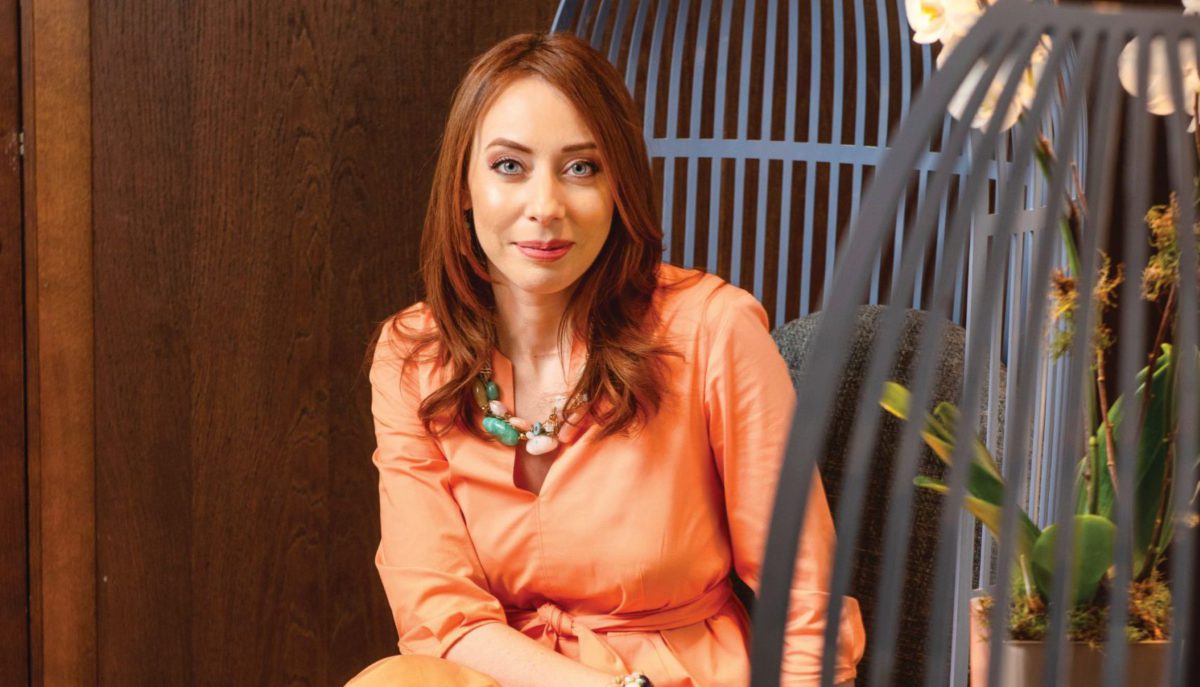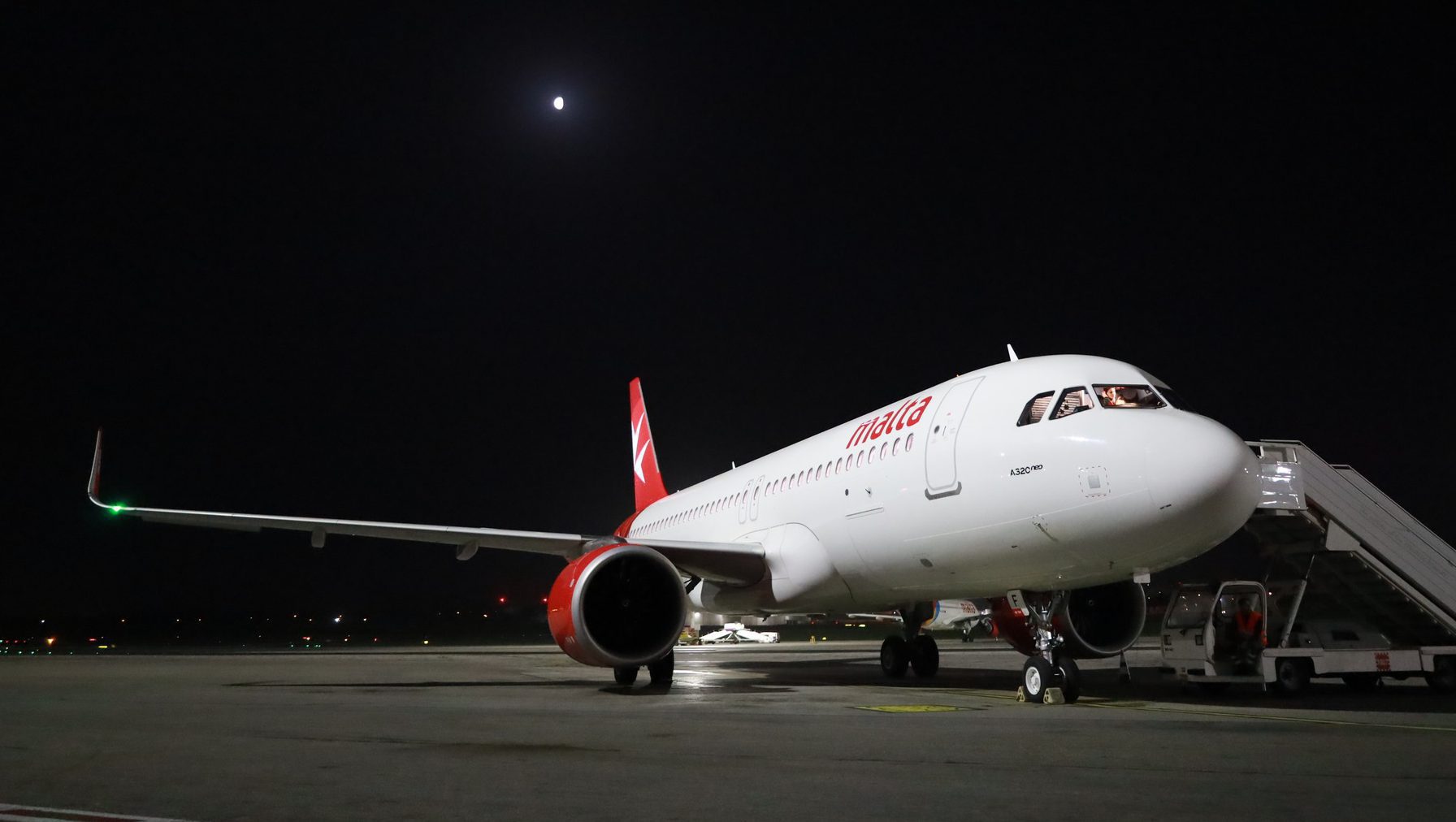During a political activity on Sunday (yesterday), Prime Minster Robert Abela appealed to local businesses not to engage in price gouging in light of the global economic situation – however the situation is not that simple, and local businesses do not actually have much room to ‘abuse’, according to SME Chamber CEO Abigail Agius Mamo.
Dr Abela’s statement echoed a similar one made by MP Carmelo Abela in Parliament in December 2022, and one could argue that both are employing a certain level of populism to tap into public anger at rising prices.
‘‘Putting the rise in prices to abuse is very simplistic,’’ was Ms Agius Mamo’s initial reaction, “Malta is impacted by inflation like everywhere else,” referencing both imported inflation and local inflation.
“It is difficult to say if there even is any abuse, because there is not much room for it, and it would be very short-sighted” added Ms Agius Mamo, “there is ample competition in the market and people are getting frustrated.”
The cost of importing goods to Malta has indeed increased and remained high, complicating matters for local producers and retailers. Ms Agius Mamo said, “businesses are telling me, ‘I’m not sure how I am going to remain competitive, if the cost to produce my product is increasing, consumers will look for alternatives’.’’

Aside from having to contend with the high cost of importing raw materials and a highly competitive market, businesses need to navigate locally driven inflation. Ms Agius Mamo remarked, “wage inflation has become a big phenomenon in Malta, especially with the ongoing labour shortage, employers need to pay more to retain workers.”
Higher wages result in higher operational costs for businesses. Aside from upward wage pressure from workers, the Government has committed to increasing the cost-of-living-adjustment by €9.90 per week per worker in 2023. This amounts to an increased costs of €113 million for the country’s private sector. The downside is that, businesses may need to offset rise in cost of operations through a higher cost of goods and services. This is especially true for businesses with thin profit margins such as retailers and restaurants.
Issues with operational costs are further exacerbated by the fact that businesses are still recovering from the COVID-19 pandemic, Ms Agius Mamo remarked that “those who took loans to keep their businesses operating during the pandemic need to start repaying them.”
Ms Mamo also pointed out that “despite the increase in prices, they are still quite moderate compared to abroad.” This is reflected in Malta’s rate of inflation which stands at 7.12 per cent as of November 2022, the third lowest in the European Union. Meanwhile the EU average is at 11.1 per cent, with Hungary leading the way at 23.1 per cent.
Both Prime Minister Robert Abela and MP Carmelo Abela also made reference to the cost of importing goods from China, saying that the cost of freight has ‘dropped’ but the cost of goods have not.
“China was a good way to have cheaper goods in the market, but the cost of freight is still way above to pre-pandemic levels,” reacted Ms Agius Mamo, who referenced the price of importing a unit of freight from China, ‘if pre-pandemic it cost €800, during its peak it cost €6,000 and now it costs between €2,000 and €4,000.” This is still an increase of at least 150 per cent, “and it won’t go down to pre-pandemic level” cautioned Ms Agius Mamo.
Ms Agius Mamo also added that benefit of importing cheap goods from China is offset by higher freight costs, so in in the end it may not even be worth importing from there.
Additionally, the Association of Tractors and Trailer Operators (ATTO) had reacted to MP Carmelo Abela’s claim regarding the cost of freight, clarifying that that the cost of ferrying goods to Malta is still high, which are amplified by the Mobility Package Regulation, and high diesel prices across Europe.
It is evident that inflation and what drives it is multifaceted, and it’s not possible to attribute it to a singular cause. High Inflation is expected to be with us for a while, and both businesses and consumers will continue having to adapt to the reality we live in.
Annual STI testing for non-EU massage therapists amounted to ‘slander,’ admit health authorities
Health authorities kept quiet about changes to the legal provisions
KM Malta Airlines announces extra flights and special fares for MEP and local council elections
To qualify for special fares, all travel needs to take place into and out of the same city
European Parliament adopts regulation making it easier for companies to be paid on time
The maximum credit term under the new Late Payment Regulation is to up to 120 days, for some sectors






